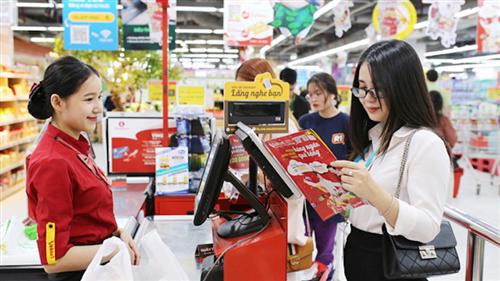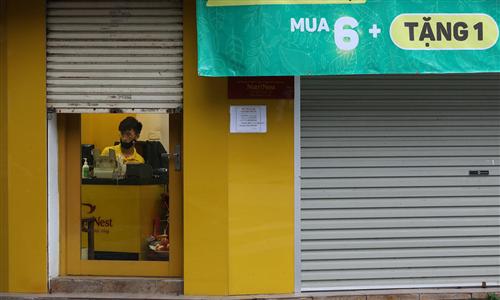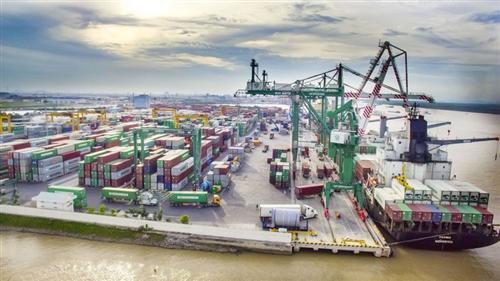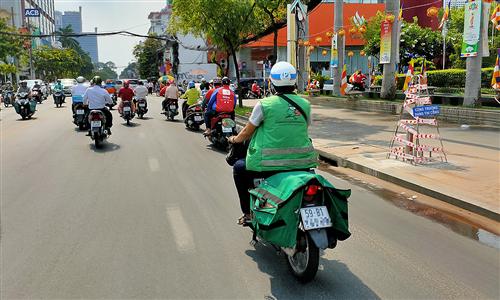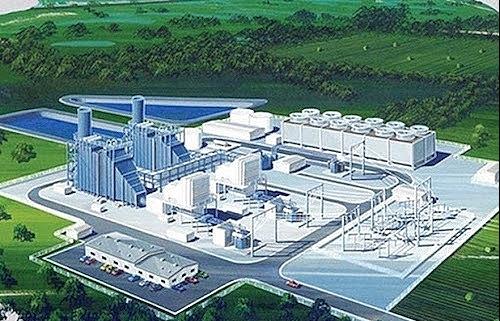Japanese investors jostling continental counterparts
Japanese investors jostling continental counterparts
Despite the current global woes, investors around Asia are ramping up their merger and acquisition (M&A) activities in Vietnam. Masataka Sam Yoshida, head of the Cross-border Division and CEO of Vietnam RECOF Corporation, discussed the trend with VIR’s Thanh Van and how Japanese companies will step up their game in this country’s M&A market.
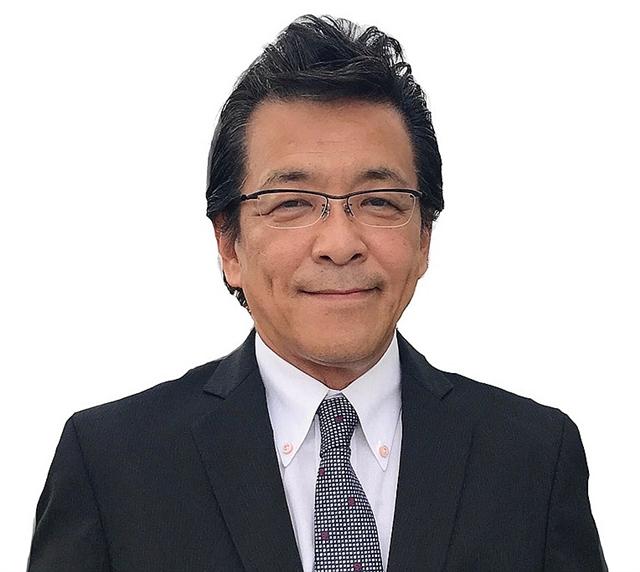
Masataka Sam Yoshida, head of the Cross-border Division and CEO of Vietnam RECOF Corporation
|
As the competition for Asian buyers to acquire Vietnamese companies becomes more intensive, do you expect Japanese investors to act quickly to compete with buyers from South Korea, Singapore, Thailand, and China?
For sure, Japanese investors will act more quickly than usual to catch up and compensate the time they will have lost due to the COVID-19 crisis. However, needless to say, the crisis would have damaged a huge number of peacetime buyers all over the world and most of them will have to be occupied to make their own businesses to recover to a good shape.
Thus, as should be the case in all the countries other than Japan, the number of companies who will remain capable and eligible to make investments outside their own countries will be naturally less than usual.
On the other hand, it is true that several deals are completed in Vietnam and we should question the buyers keeping the power to absorb companies outside their own countries under such a complex time. These buyers will be the ones surely with low leverage and cash rich but also with strong leadership, such as family-owned companies or groups with clear strategies. Of the nations mentioned, there will be buyers who would be willing to take up the opportunity and the competition among these powerful buyers will be fierce, which will create more opportunities for Vietnamese companies with good performance and track record. For the Vietnamese companies who are willing to take the opportunity to negotiate with these buyers, it would be highly recommended that the information disclosure and the selling process proposed to the buyers should be professional and well-prepared, which will lead to not only to a successful completion of negotiation in terms of efficiency on timelines, but also to reaching as high a selling price as possible.
Japan has earmarked an economic stimulus package of $2.23 billion to help its manufacturers shift production out of China due to the pandemic. Will this facilitate Japanese buyers to accelerate M&A activities in Vietnam?
Now, we may probably see a new wave of China+1. This key strategy has always fascinated Japanese manufacturers to move out from China and to make investment somewhere else. In many cases, Vietnam has always attracted and captured these Japanese companies’ attention for their investment into the country.
I believe that the same trend will be followed this time, especially to a near virus-proof neighbouring country like Vietnam. However, it is also true that the early opening of the country by removing restrictions for investors to enter the country without isolation after customs clearance is desired in order to promote and even accelerate the M&A process for Japanese investors, especially if it is their first entry into Vietnam.
Vietnam has flattened the pandemic curve and is the first in the ASEAN to start easing some social distancing measures. How do you see this help the Vietnamese market attract potential investors?
Vietnam’s success to fight the pandemic is one that very few countries all over the world have not achieved yet. With this, Vietnam should be admired as a tutor for many countries including Japan, and this will no doubt be one of the most valuable factors to charm investors. In addition to this great achievement, I hope that Vietnam will again lead the world in terms of preventing the return of the virus as well as realising a rapid post-pandemic economic recovery. In order to accelerate the speed of such a recovery, utilising foreign direct investment will be one of the most effective measures, which means quick creation of a mechanism and infrastructure to attract Japanese and foreign investors would be required.



